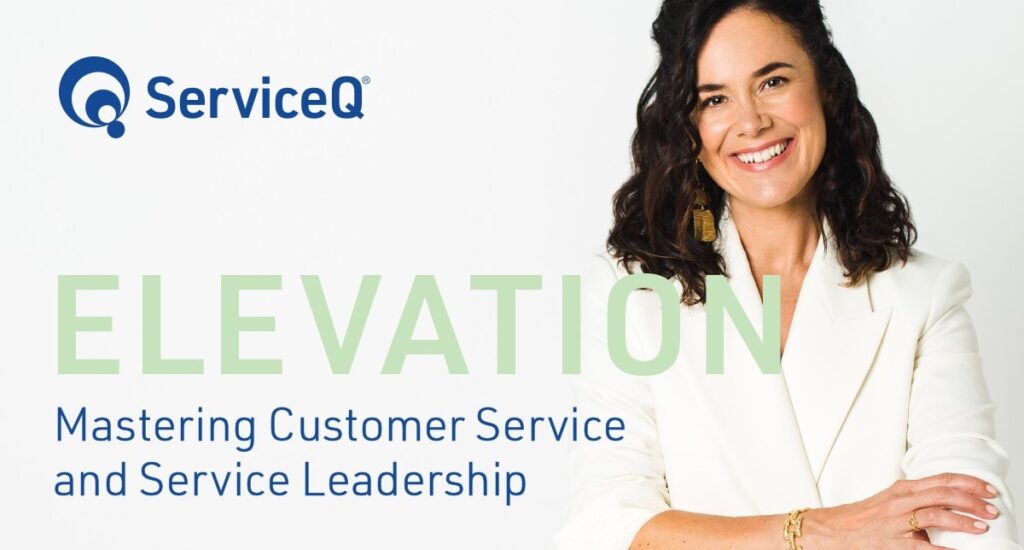I recently joined a wellbeing club, and I love it. I’ll share more about why in a future publication.
After attending a variety of different classes at different times of the day and week, I’ve noticed that most club members are a good generation or two younger than me (saying this with a big smile on my face, as I fully embrace my late forties). And they all move around the club’s stunning tranquil space with their mobile phones attached to them.
In a group class last week, there was some banter amongst a few of us older members about the music being played. Off the back of this banter, we exchanged names – and in this way, as well as meeting my need to improve my fitness and strength, the class began to fulfil a deeper, unconscious need for community, fun and connection.
The younger people in the class – half the room – missed all of it. They missed the banter, the names being exchanged, the fun and the connection. They didn’t talk to anyone, and no one talked to them – because they were on their phones in between sessions, before and after. This is a common story in all sorts of environments now.
We’ve seen a huge decline in emotional and social skills in the past few years, and empathy as a human skill, a soft skill and an employability skill has drastically declined over the last decade.
With younger people’s increased screentime and their preference for communicating via message instead of a phone call, they’re simply not getting the same amount of practice and experience in non-text interpersonal connections that Boomers, Gen X and Gen Y did. My fitness class example reveals some of the flavours of life experiences they’re missing out on each day.
This is most definitely impacting the quality of service interactions in workplaces, internally and with customers. It’s real.
Our younger generations need help with empathy. I’m certain there are pockets of younger people nailing this skill, but it’s rare to see and experience.
Let me be clear:
There is nothing wrong with them.
They’re not broken.
They do not need fixing.
They simply don’t experience the same conditions in life that us older generations did at their age, and consequently they don’t get to flex their ‘people skills’ muscle and get good at them like many of us were forced to. Oh, and yes, there are plenty of pockets among the older generations who are terrible at people stuff and have zero empathy too – not all of us have nailed it.
I understand if this blog makes me slightly unpopular; yet it’s with deep respect and concern that I suggest the older generations (Boomers, Gen X and Gen Y) have a very important role to play in this era of society; Service Leadership.
- We need to be persistent in helping the younger generations develop the foundational skills needed for healthy relationships, whether professional and personal.
- We need to take time to develop and teach future leaders.
- We need to be patient and understanding; not make them feel wrong but rather dial up our empathy, the very skill they need to learn more about.
- We need to do our best to understand them.
Thinking that the way things were is the way things will always be is a normalcy bias. Things are not what they used to be. Society has changed, and we older generations need to change with it; but we also have some solid skills and ways of being that society needs to not let go of.
We’re at a critical point in time when we need to delve deeper into what defines our humanity. The very essence of it has not changed: to make people feel seen and heard, feel that they matter.
Do your best to get people off their devices, show them your humanity and encourage conversations at work and at home. If we don’t, we may soon find AI and bots doing a better job at empathy than humans… and then what?
